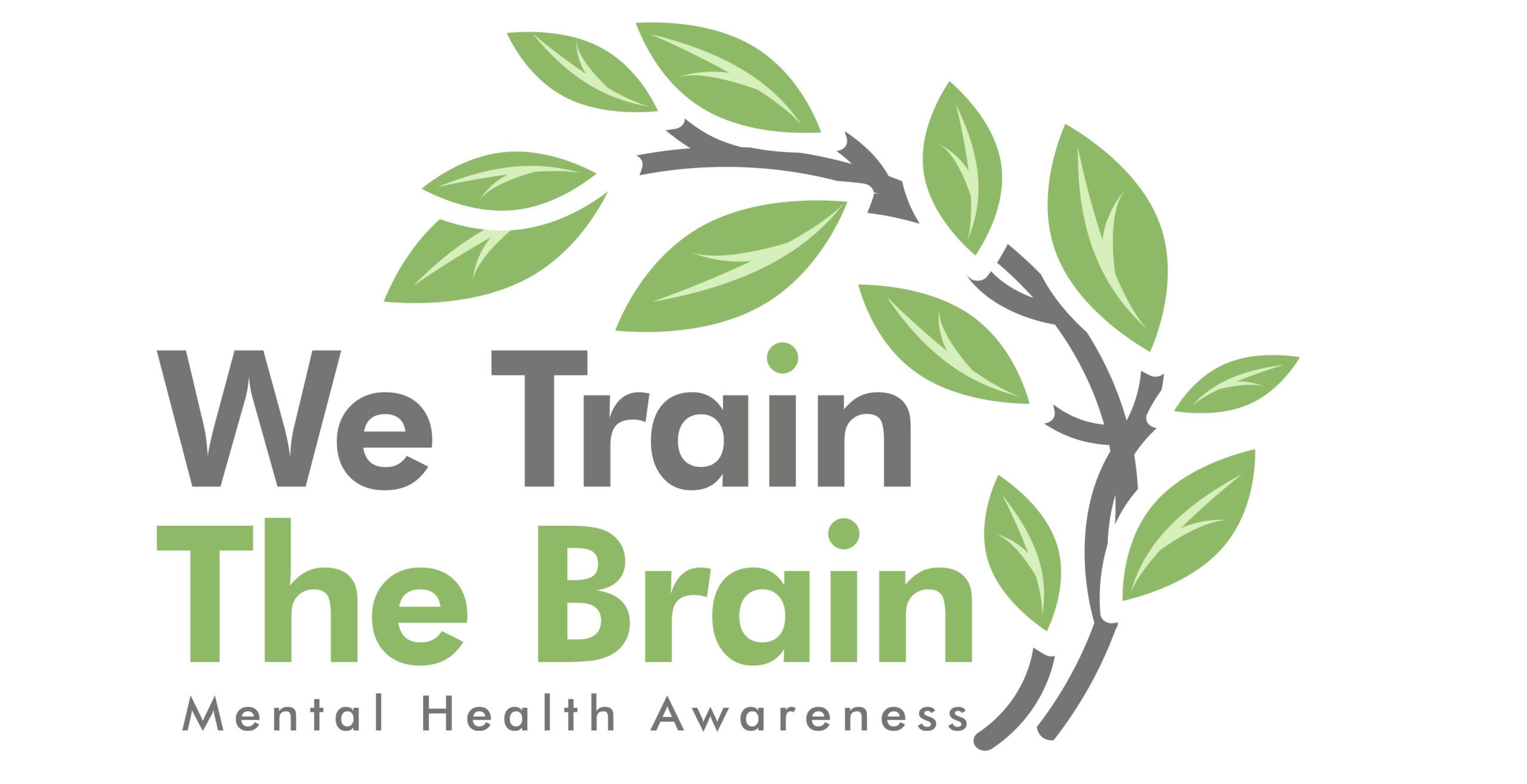
Get Updates in your inbox.
"Live a Healthier Life with Our Newsletter"
Our company is also equipped to work with the government and local communities suffering from grief and loss. While people are returning to work, they are still experiencing the grief of the COVID-19 pandemic. Grief is a normal response to loss during or after a disaster or other traumatic event. TTB can assist leaders and employees with the grief process and indicators of grief to better support their agencies and communities.

Carl Rogers

TTB has over 20 years of working with government agencies, including the military, and contracting agencies. We have retirees from the military who understand the stress and anxiety associated with the mission of the military.
TTB has experience working with clergy, churches, and the court services in Virginia and Washington, DC, as they relate to mental health and grief. We have experience working with court officials, government officials to establish small groups, or individual counseling in mental health, suicide, and grief.
Mental health includes emotional, psychological, and social well-being. It affects how we think, feel, act, make choices, and relate to others. Mental health is more than the absence of a mental illness—it’s essential to your overall health and quality of life. Self-care can play a role in maintaining your mental health and help support your treatment and recovery if you have a mental illness.
Reginald (Reggie) W. Lockhart was born and raised in Toledo, Ohio. He is the youngest of three boys, each 11 months apart. He and his brothers are all Army-retired veterans. Reggie retired from the United States Army after honorably serving for 22 years. Reggie and his brothers lived with their mother, Zola Lockhart, who suffered from mental illness beginning when Reggie was in elementary school and continued for over 40 years until his mom’s death in 2009. Reggie knows firsthand the pain, myths, and walls that people and societies endure due to mental illness. As the CEO of Train The Brain (TTB), he employs licensed professional counselors trained to work with groups, communities, and various organizations to understand, cope with, and increase mental health awareness.


According to the Substance Abuse and Mental Health Administration, mental health includes our emotional, psychological, and social well-being. It affects how we think, feel, and act and helps determine how we handle stress, relate to others, and make choices. Mental health is important at every stage of life, from childhood and adolescence through adulthood. Over the course of your life, if you experience mental health problems, your thinking, mood, and behavior could be affected.
TTB works with people in the workplace, small groups, local, and federal communities to identify and discuss depression, stress, and anxiety and how they affect people in these organizations. We also talk about identifying signals that highlight the need for assistance with mental health issues. Finally, TTB trains the organizational workforce in mental health awareness.
One of the most common myths surrounding mental health is that one is either mentally healthy or mentally ill. The reality is that one’s state of being exists on a continuum. A person who is generally mentally healthy may experience emotional problems, changes in behavior, or strained and unhealthy relationships with others. A person who is diagnosed with a mental illness may experience moments of clarity and be highly functional. The presence of illness does not always impede one’s ability to live a meaningful and fulfilling life.
It's a myth that mental health problems are uncommon. Although they are not often talked about publicly, over 40 million Americans live with mental illnesses. In fact, mental health conditions collectively account for the most common health conditions in the United States.
The most common mental health conditions are generalized anxiety disorder, major depressive disorder, and post-traumatic stress disorder.
"Live a Healthier Life with Our Newsletter"

Train The Brain provides services in Mental Health located in North Carolina and the District, Maryland, and Virginia (DMV) areas providing training in Mental Health Awareness, Suicide Prevention, and Grief & Loss.